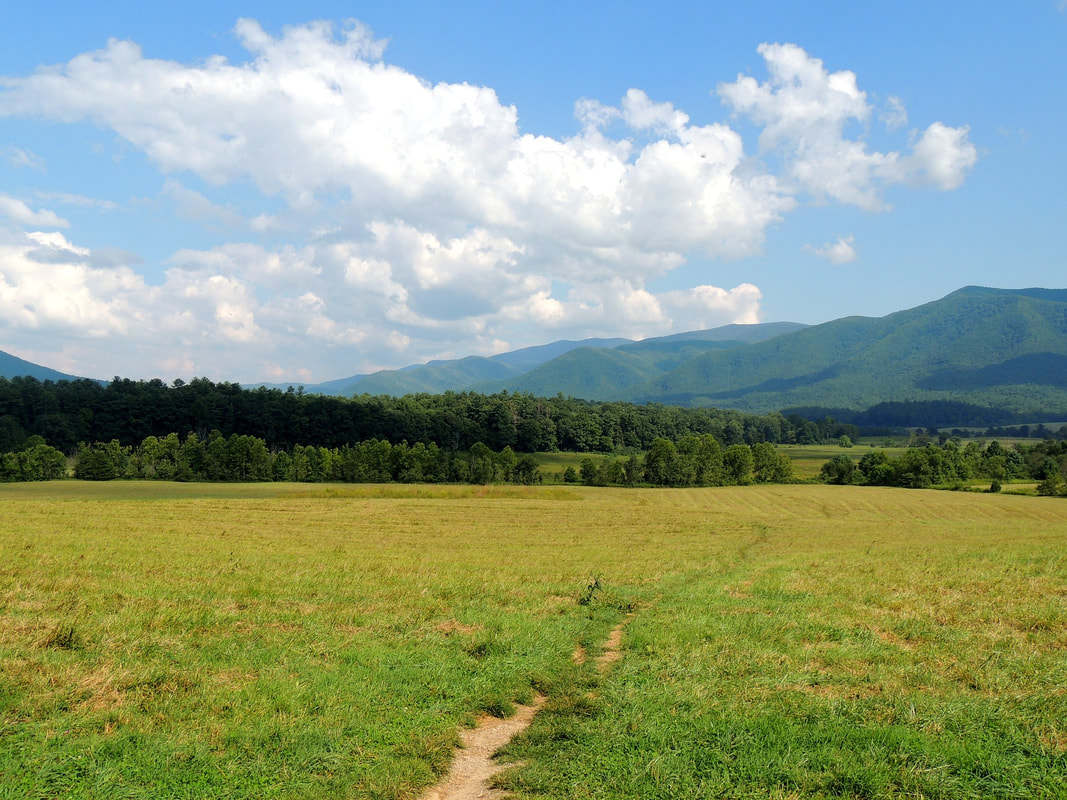5 November 2018
What Is An Easement?

Easements are usually created when a property is bought and sold. For example, if you sell some neighbouring land you might give the buyer the right to run a gas pipe across your land. You might also retain the right of drainage over the land you’re selling. A formal deed is required, and the easement should be registered at the Land Registry.
You can also acquire an easement by ‘prescription’, and it is these easements that I am most often instructed about by clients. If you have used other property or land continuously and openly for a certain number of years, for instance walking across it, it is possible to acquire the legal right to do so. You can then register the right at the Land Registry and pass it on when you sell your land. It can add to the value of your land.
However these easements are not easy to obtain. You must be able to show a period of use of at least 20 years (although you can include the use of your predecessors at the property). And the use must have been without any objection by the owner of the land and without their permission.
Easements can come to an end. Some have a formal end date, e.g. they terminate after 25 years. An easement is automatically extinguished if the same person comes to own both the land which has the benefit of the easement and the land which has the burden. For instance, if you sell land and grant an easement over your own land, but then later buy back the same land, the easement will terminate. Also, an easement can come to an end where it has not been used for a certain number of years.
It is important to be aware of easements when buying a property, for instance with someone else having to cross over the land to access their own property. When buying you should look for tell-tale signs, such as a worn grass path at the bottom of the garden, or nearby properties which might have a right to light.
Notes
For more information about easements and rights of way, click here.
